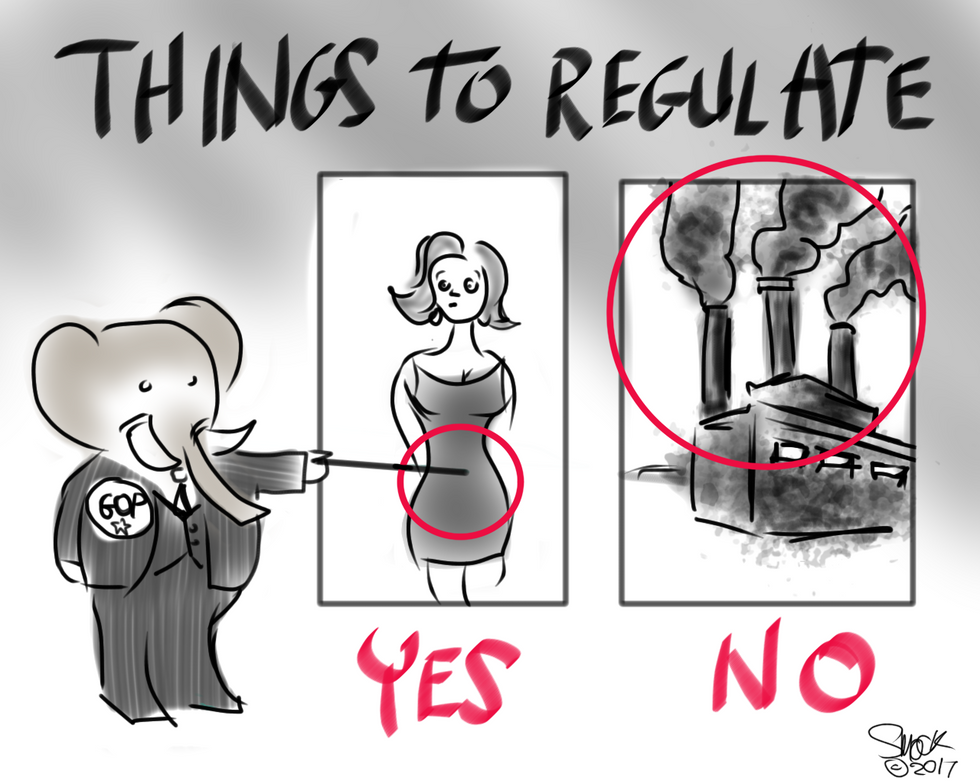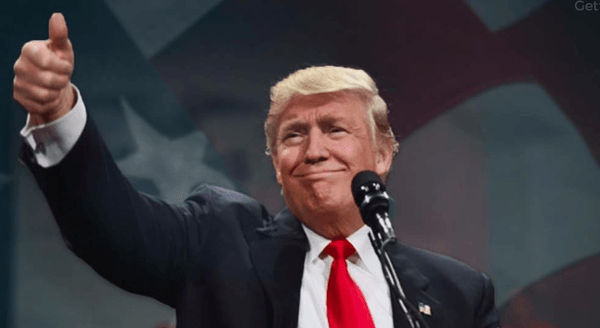There was a time when the environment was not a partisan issue. In fact, Republican Richard Nixon is the one who started the Environmental Protection Agency. Additionally, there was never a Republican coalition to stop environmental regulations, because that was the vision of Theodore Roosevelt. Things like the oil crisis in 1973 also added a necessary shock factor, showing the whole country what finite resources look like.
People were afraid of exhausting our resources, but, in turn, that concern would spark interest in alternative energy sources. Using alternative energy also meant that the United States could be independent from international energy markets and oil trading. It wasn't until the Reagan administration starting in the 1980s that this sentiment began to take a turn. During this time period, Republicans were waging a war against big government and regulations that “stymied business creation.” Though this was never realistically the case, it would become a rallying cry for Republicans within Congress to resist these types of laws.
Coal companies and other energy producers were also voicing their opposition to green technology, and many of these companies were situated in Republican districts. This arrangement would mean that the Republican base would change their stance on the environment to favor business interests, rather than natural resources. Understanding all of this is important to understand the context for Trump's recent move to withdraw from the Paris Climate Accords.
It is the same argument used by Republicans since they first changed their stance on the environment: it hurts the US economy. In 2001, President Bush made the decision to withdraw from the Kyoto Protocol. Bush, like Trump, is a climate change skeptic and ultimately said that there was no way to tell the long term impacts of climate change, despite scientific consensus. Today, most countries went through with the first phase of the Protocol, which was to reduce greenhouse emissions, but many nations, including Canada, have withdrawn from the second phase.
I would argue that countries like the United States are very important for holding these agreements together. We are the second largest emitter of greenhouse gases (after only China), which means that our choices influence other countries and, ultimately, the world. Additionally, if both the United States and China refuse to adopt the guidelines, then the rest of the globe doesn't really have a chance to resolve these issues on a large scale. The US needs to take the leading role when it comes to climate change and clean energy. New generations that have grown up in the fossil fuel industry are now turning to alternative energy as a stable source of revenue. Ultimately, the citizens of the United States are changing, but now the task is to get Congress to respect that evolution.
















